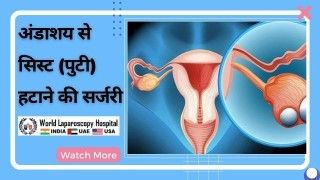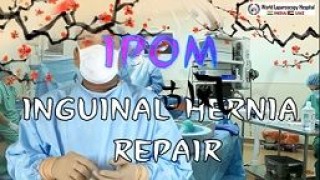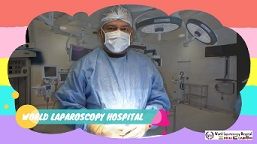Laparoscopic Ventral and Incisional Hernia Repair: Pros and Cons
Add to
Share
2,427 views
Report
Description
This video is lecture of Pros and Cons of Laparoscopic Ventral and Incisional Hernia Repair by Dr. R. K. Mishra at World Laparoscopy Hospital. The purpose of this lecture is to analyse the surgical techniques, perioperative complications, and recurrence rate of laparoscopic ventral hernia repair (LVHR) including incisional Hernia, in comparison with the open ventral hernia repair (OVHR), based on the international literature. Incisional hernia is a common long-term complication of abdominal surgery and is estimated to occur in 3% to 13% of laparotomy incisions. The laparoscopic technique has numerous variations of the methodology used by surgeons, although several common steps are followed by all. The procedure starts with entering the peritoneal cavity by using a Veress needle, an open Hasson method, or an optical trocar allowing view of the abdominal wall layers during penetration. Palmer's point is the best place to access. This lecture indicates that LVHR is a safe and effective approach to abdominal wall hernias. The technique offers the advantages of the laparoscopic approach, ie, a short hospital stay, less postoperative pain, and early convalescence. The procedure carries an acceptable risk of complications compared to open surgery, a low risk of recurrence, and an excellent cosmetic result. It is considered a good alternative to its open counterpart, at least in experienced hands.
Similar Videos






